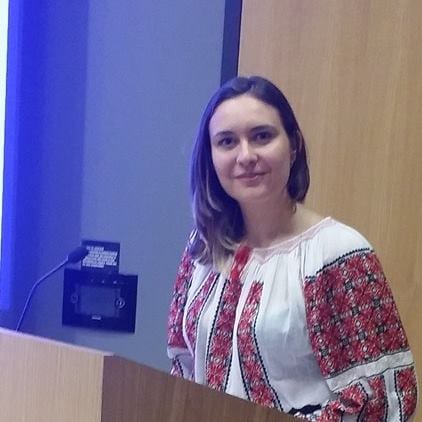On Tuesday afternoon, a truck was driven into a cycleway in lower Manhattan, close to the 9/11 memorial, leaving 8 people dead and 11 injured. Although the attack has not yet been claimed by any terrorist organisation, New York City Mayor Bill de Blasio declared shortly after the incident that it is being treated as “a particularly cowardly act of terror”. Reports of a note left by the suspect in the truck showing support for Daesh (ISIS) have not been confirmed officially. Witnesses claim that the suspect yelled “Allahu Akbar” as he left the truck. This, though, has not been confirmed by the authorities, but there must be some important details as yet unknown to us to explain why the incident was almost immediately catalogued as a “terror attack”. Perhaps because the modus operandi resembles that promoted by Daesh over the past two years, as well as the name and background of the suspect, which was not made public at first.
The incident happened just a few hours before Halloween activities across America. Such celebrations are generally unacceptable to religious fundamentalists, whether Jewish, Christian or Muslim. The location of the attack is also significant, being close to the 9/11 memorial, delivering a powerful message to the US and Western world. The terrorists have proven once again that nobody is truly safe or secure, and that they can hit our societies whenever and wherever we expect it the least. Although it is not of the same magnitude as 9/11, this terrorist act still demonstrates that the “war on terror” that has itself claimed too many innocent lives is far from being won by the West; and that terrorists can still exploit the weaknesses of our global security systems.
In the eventuality that Daesh/ISIS does claim responsibility, this will send a second message to the world that although the group may be defeated in Iraq and Syria, it has already infiltrated many other countries and can attack us in our own back yard, almost at will.
The vehicle-weapon type of operation has been used in France, Germany and Britain, where, at Finsbury Park, it was Muslims who were the targets. All of the incidents prove how ineffective we are at preventing and stopping such attacks. It is rather stressful to realise that anyone in any vehicle could drive into pedestrians without any notice or possibility of being stopped.
There is a paradox that should be emphasised here: the more that our security systems have evolved in terms of means, resources and technology, the more that the methods used by the terrorists have become less sophisticated, albeit harder to predict and counteract. Fewer casualties and on a lower scale, perhaps, but still powerful in terms of reminding us that they are still here, and even closer than we think they are. A Chinese proverb says, “Kill one, frighten ten thousand”. The number of casualties is no longer relevant; the act itself is enough to fulfil its aim of terrorising civilians.
Unlike most other recent terrorist attacks, the suspect is still alive; Sayfullo Saipov is a 29-year-old Uzbekistan national who lives in New Jersey and drives a cab for Uber. He was shot in the abdomen by police as he tried to flee from the scene of the crime, but has had surgery and is expected to live. He thus represents a fairly unique opportunity for us to know why he did what he did, hopefully resulting in the development of more effective anti-terrorism strategies in the future.
Information about him is still emerging and no doubt we will know more as the investigation unfolds. For those who think that there is such a thing as a standard terrorist profile, he fits the bill. His recovery and eventual interrogation should help us to get into the mind of such a person, and be better prepared for the next time. And there will be a next time, of that there can be little doubt.
The views expressed in this article belong to the author and do not necessarily reflect the editorial policy of Middle East Monitor.


![Security forces cordon off the area after a man reportedly drove a pick up truck along a bike lane near the West Side Highway in New York City on October 31, 2017 [Mohammed Elshamy / Anadolu Agency]](https://i0.wp.com/www.middleeastmonitor.com/wp-content/uploads/2017/11/20171031_2_26605680_27379153.jpg?fit=1200%2C800&ssl=1)









